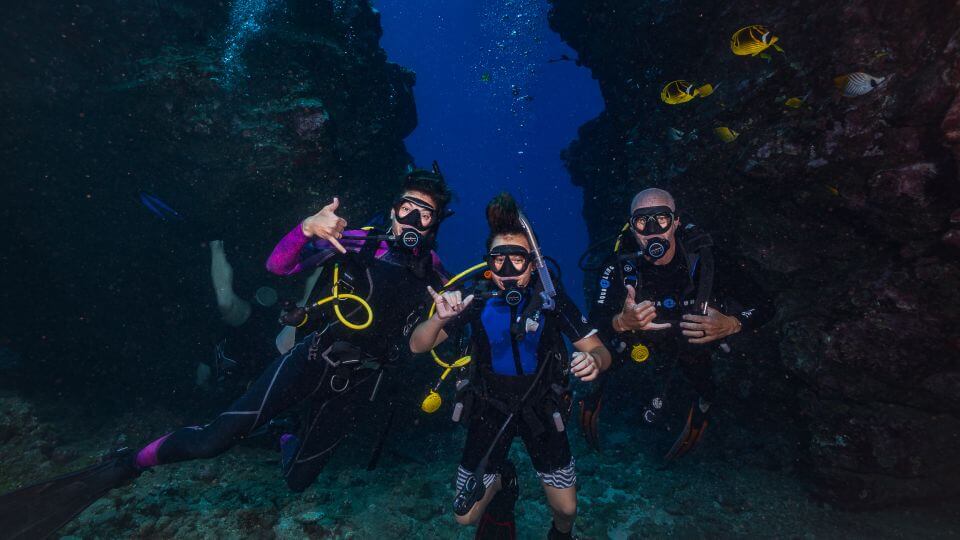Decompression sickness (DMD), or the bends, is one of the scuba diving safety risks. The term is used to define an ill-defined illness that results from a sudden decline in the pressure around you underwater. This pressure change can cause the blood vessels in your limbs to dilate or even explode. If you experience this illness, you should seek medical attention immediately to prevent permanent damage to your body.
Another scuba diving risks and concern are hyperbaric oxygen treatment (HBOT), also known as hyperbaric oxygen therapy. You probably have heard of this technique, which has been used in certain military and disaster recovery operations to treat victims of fires. Injuries caused by HBOT are typically very minor, but they can include problems with gills or breathing. Among others, symptoms include vomiting, nausea, and diarrhea. As well, you may experience extreme temperatures, loss of consciousness, and high levels of carbon dioxide in your blood.
Hyperbaric oxygen treatments are typically used for decompression burns and other trauma. As well, you may have heard that HBOT can treat certain types of health conditions. Because it has been used in conjunction with scuba diving, many health conditions, including minor heart problems, have been reduced or eliminated with the use of hyperbaric oxygen therapy. However, even if your heart has not been affected, you should still be aware of some of the scuba diving risks associated with this therapeutic method.
One of the scuba diving risks you should be aware of is equipment failure. This is especially true when you are using decompression equipment. HBOT requires a high level of skill and care in order to ensure proper inflation and properly flushing of the tanks. Equipment failure is one of the leading causes of death among divers, and equipment failure is one of the main reasons why you should have a trained instructor perform all maintenance checks on the boat.

As well as equipment failure, you could experience many other scuba diving risks, such as sudden illness, blood clots, and other bodily disorders. Some people may become ill just before or after a dive because of a serious lack of training or poor diving conditions. If you experience any of these health conditions during your dive, you should contact your doctor immediately. It is important to know that the vast majority of these conditions are temporary and that they will correct themselves.
Finally, one of the more common scuba diving risks is decompression lung disease. This condition develops when the partial pressure of your breathing underwater becomes less than the atmospheric pressure. The body expands in an attempt to compensate for this lack of force, and sometimes this causes internal damage. A popular treatment for this condition involves increasing the air flow through a plastic bag while breathing underwater. However, if your case is severe, it may require surgery to correct the problem.